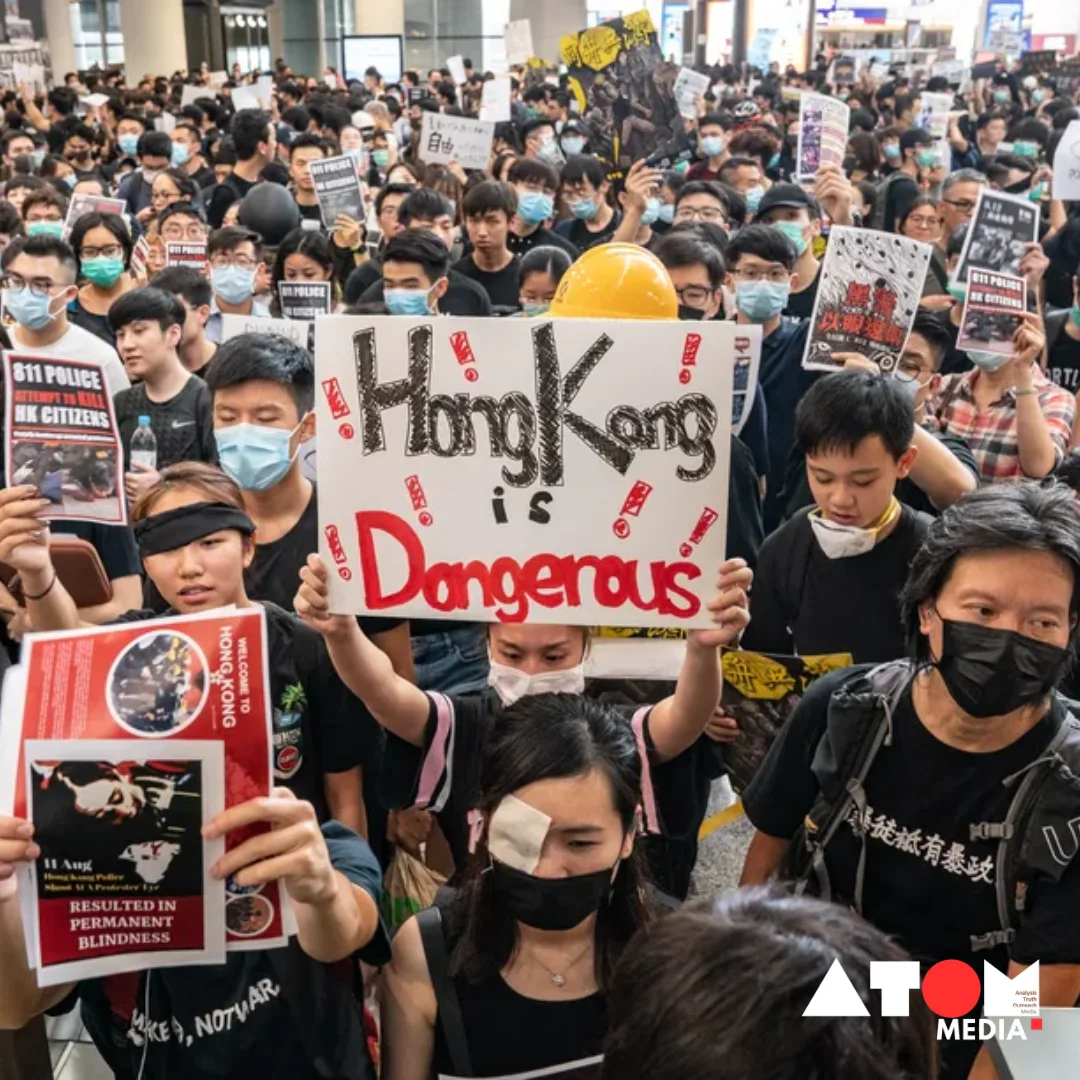YouTube’s Controversial Move
YouTube has banned access to videos including the protest anthem “Glory to Hong Kong” in response to a court injunction prohibiting the song from being played in the city. The ruling comes amid continued worries over Hong Kong’s freedom of expression, raising issues about the role of online platforms in censorship.
Background of the Protest Anthem
“Glory to Hong Kong” became the anthem of the anti-government protests that swept through Hong Kong in 2019. The song, with its powerful words and moving music, became a symbol of resistance to perceived infringements on the city’s autonomy and freedom. Its overwhelming popularity among demonstrators served as a rallying cry for the campaign.
Legal Rulings and Censorship
The decision to limit access to videos of “Glory to Hong Kong” follows a court-approved injunction declaring the song a “prohibited publication” in Hong Kong. The court agreed with the government’s claim that the song may be “weaponized” to instigate secession, which resulted in its ban. This move has raised disputes about the boundaries of free speech and the extent to which the government controls online information.
YouTube’s Compliance and Concerns
YouTube has announced that it will comply with the takedown order by blocking access to more than 32 videos of the song in Hong Kong. Human rights organizations have criticized the ruling, arguing that it sets a dangerous precedent for online censorship. Concerns have been expressed concerning the chilling effect such prohibitions may have on free expression and the flow of information online.
Impact on Online Freedom
The restriction on “Glory to Hong Kong” raises broader worries about Hong Kong’s online freedom. Critics believe that banning the protest anthem is part of a larger assault on dissent and political speech in the city. They fear that such policies will harm Hong Kong’s status as a global powerhouse for business and innovation, suffocating creativity and innovation.
International Implications
The decision to restrict access to the protest hymn has global repercussions, raising concerns about tech corporations’ responsibility to preserve free speech values. It also emphasizes the difficulties encountered by internet platforms operating in nations with stringent government regulations. The behavior of other IT titans to similar censorship requests will be widely monitored in the coming days.
Future Challenges and Considerations
The blocking of “Glory to Hong Kong” on YouTube underscores the complex challenges facing online platforms in navigating issues of censorship and free speech. It serves as a stark reminder of the importance of upholding principles of freedom of expression, even in the face of political pressure. As debates continue over the role of tech companies in shaping the online landscape, the need for transparency, accountability, and respect for fundamental rights remains as crucial as ever.
As the crisis develops, it is unclear how vigorously Hong Kong authorities will enforce internet material regulations. Investors and businesses in the city have expressed concern about the potential economic and reputational ramifications of such policies. Moving ahead, striking a balance between security concerns and protecting fundamental rights will be critical.
Read more: Marketing News, Advertising News, PR and Finance News, Digital News





